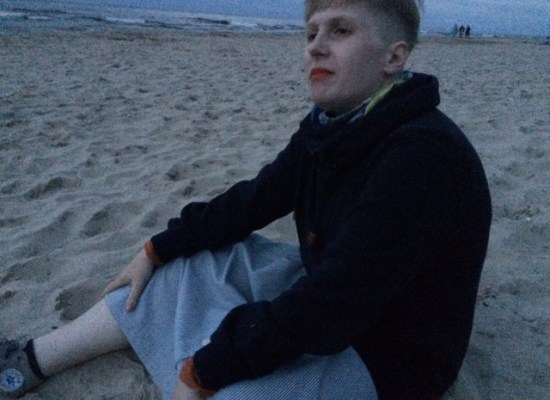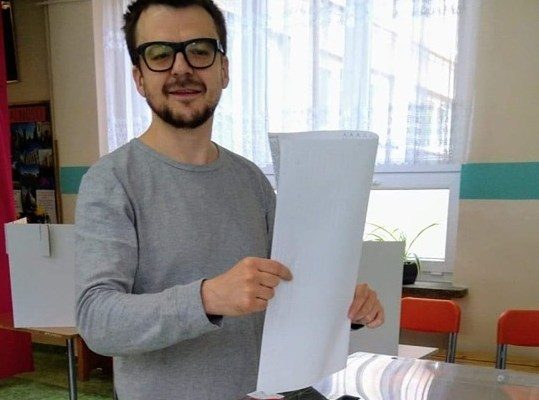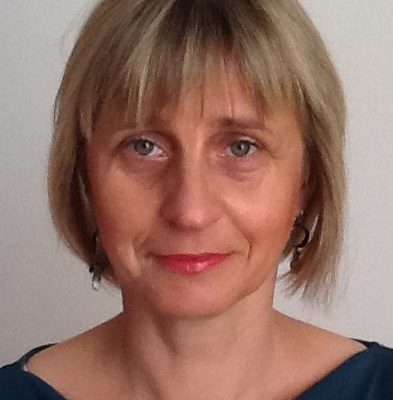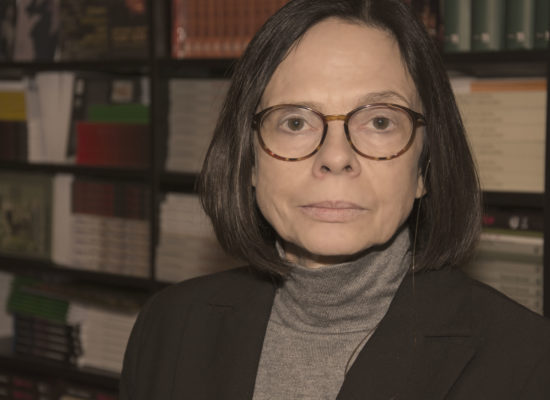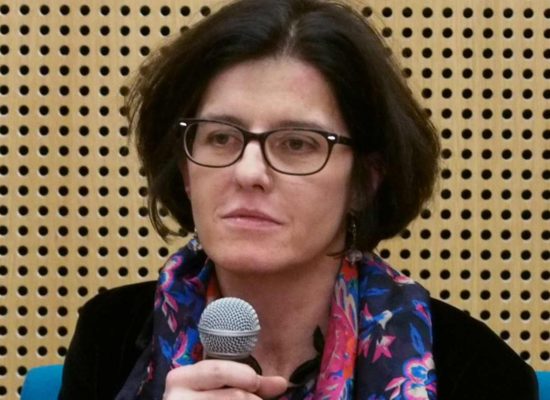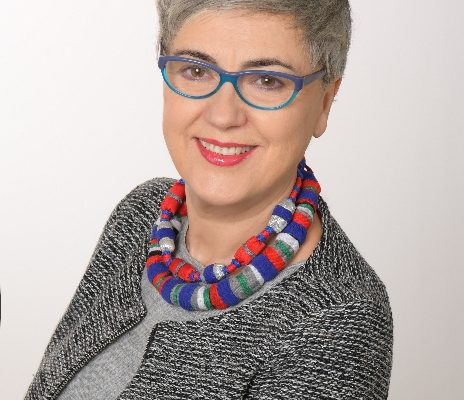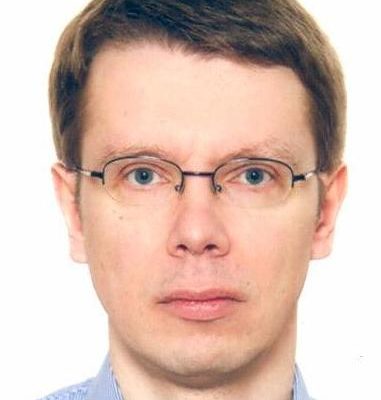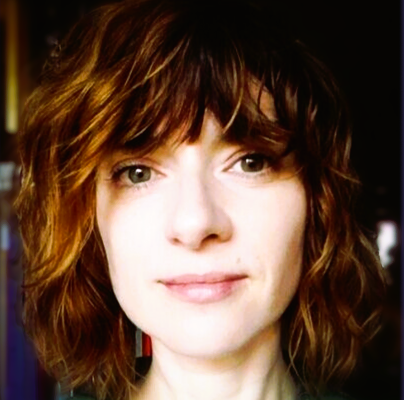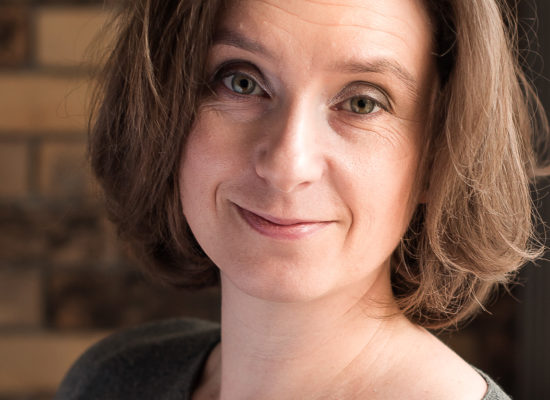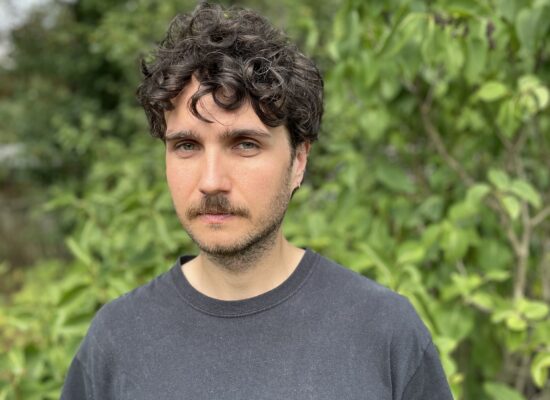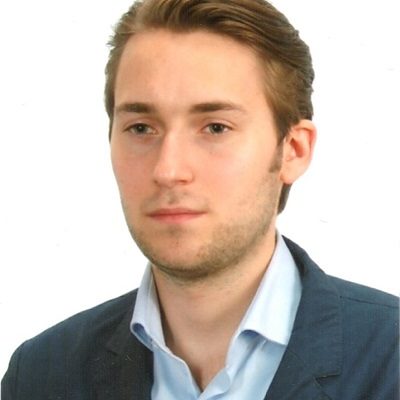Research directions of the Department for the Studies of Elites and Political Institutions in 2023
Areas of the research conducted by the Department revolve around the power dynamics and relationship between politics and society in the long term – their dynamics, mechanisms, contextual conditions, and their relevancy for the state of the institutions and system of government. Political institutions and civil society are subjects of an in-depth analysis when it comes to the processes of their creation, function and transformation, as well as the significance of leadership and elites have on said processes.
Power mechanisms and processes of institutionalisation are in the scope of research of professor Antoni Kamiński in his two topics Consequences of a “lost” constitutional moment for the system of governance’s stability of the III Polish Republic after 30 years and Contemporary challenges and instututional capacity of liberal-constitutional regimes. Dr Witold Betkiewicz is also interested in said mechanisms, as he focuses on how systemic rules are established in the process of rivalry between various involved parties. He also analyses the image of relationship between legislative and executive power branches in the eye of the regional elites (voivodeships and large cities) as he verifies selected theoritical models. Whereas the functioning of the state rules on the example of selected social policy (childcare without parental involvement) is the topic of professor Marta Danecka’s research in her project titled Deinstitutionalisation as a paradigm of contemporary social policy – course and consequences.
The team of Department’s researchers (professor Marta Danecka, dr Zofia Kinowska-Mazaraki, dr Anna Machcewicz, professor Ewa Nalewajko) conduct research on the topic of Local self-government in the wake of migration crisis. New forms of cooperation with NGOs . Their works are meant to depict relationship between local self-govermnent, Non-govermnent organizations and local communities in the extraordinary circumstances. Based on the data from interviews conducted with people involved in helping the victims of humanitarian crisis on Polish-Belarussian and Polish-Ukrainian borders in 2021 and 2022, team members consider matters of the crisis’ definition, motivations of actors involved in its solving, forms of individual and group behaviour in extraordinary conditions, and their impact on social capital development and awareness of the communities confronted with said conditions. Closer and further institutional environment determines context and source of resources, supplementary activities, innovativeness and cooperation or even factors acting in a demoblizing manner.
Beyond that, the Department hosts research devoted to processes of institutionalization of selected government offices, especially focused on the influence that politics and leadership exercises. This applies to institutions such as Ombudsman for Children (professor M. Danecka) and Ombudsman (professor E. Nalewajko). Dr Z. Kinowska-Mazaraki however evaluates the formation processes of associations among Polish Australian community, putting them in the context of multicultural studies.
Dr Daniel Płatek investigates borders of political institutions and public initiatives focusing on analyzing the state and transformations of relationship between political parties and social movements. He laso tracks the dynamics of protest movements while monitoring social protest networks in the long term. Dr A. Machcewicz conducts an in-depth analysis of the genesis and morphology of the social upheaval of Solidarity in the Tricity in the 1980.
The Department hosts also works devoted to methodology of social sciences (dr D. Płatek Research field ontology. Towards an ontology in the field of qualitative research.).
The Department for the Study of Elites and Political Institutions includes the Political Thought Research Group. The research conducted by its members has as its object thoughts and discourses relating to a number of concepts of political philosophy, useful for understanding contemporary socio-political phenomena and processes. Within this area fit the project of dr Marta Olesik (Social implications of the neoclassical economic language) is reaching out to the psychoanalytic theory and works of dr Michał Pospiszyl, who investigates the shifts in how the term “mob” is being used. Professor Nina Gładziuk analyses variety of meanings of Leviatan on the basis of Thomas Hobbes’ political thought, and simultaneously she researches relations between Eros and politics in Greek philosophers’ ideas. Dr Bartosz Wójcik discovers influence of Hegel’s thoughts on theory and political practice of Edward Dembowski, leader of a Kraków Uprising of 1846. Dr Mateusz Janik focuses on his ongoing studies of Chinese political thoughts relating to the topic Between politics and metaphisics: neo-confucianism and monism in modern Europe.

